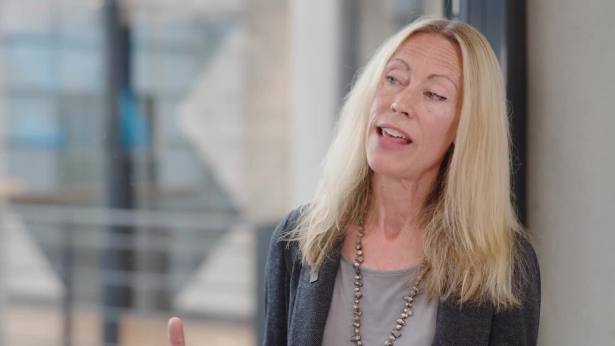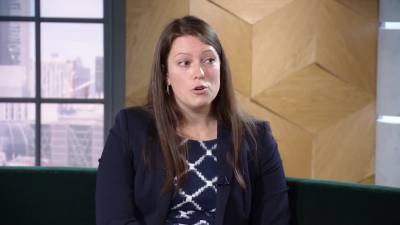Britain's youth are bearing the brunt of the cost of living crisis, with a lack of financial knowledge compounding the problems for them, a senior charity boss has warned.
Sharon Davies, chief executive of Young Enterprise, said: "What we are seeing is that under-30s are really bearing the brunt of the cost of living crisis.
"They're a generation that predominantly rents; in real terms their weekly wages are much reduces from those of their counterparts in the late 1990s.
"In fact, the Office of National Statics released a statistic, basically saying that the weekly wage of 18-20 year olds were reduced by a fifth compared with 1997."
Davies told FTAdviser that millions of people were trying to double down on their energy expenditure, and younger people with lower levels of savings, were disproportionately affected financially.
Addressing slogans popularised by TV celebrities suggesting that young people should stop buying coffees and avocados, Davies said: "You see lots of perspective, but what we need is really relatable, relevant financial education."
She said financial education needed to adapt to the increasingly cashless society and address young people where they are.
"TikTok can play a part in that, if that's where the young people are getting their information from", but there is "so much misinformation there" as well, she warned.
Young Enterprise runs a digital fined programme for young people called My Money Matters. Davies said this covered such topics as:
- How to avoid scams
- How to look at cryptocurrency
- How to use money as part of your planning.
"But we need more consistent access to financial education. Some 67 per cent of young people say they do not feel confident about their financial futures."
She urged schools to do more in the way that financial education is taught, both at primary and secondary level; especially at primary school, where FinEd is not part of the national curriculum.
Davies added that FinEd needed to be "neutral" and to be relevant and relatable to all children, not just those from wealthier backgrounds.
She said government needed to do more to improve FinEd, but added industry professionals and companies can do more.
She explained: "It makes learning really accessible and relevant. When a young person has an engagement with a volunteer from the world of work, they connect that learning with their future path."
Davies also urged companies to do more to be clear about their values and vision for young people.
She said this would help young people see the prospects for their career growth in the workplace, and enable those from minority and socially disadvantaged backgrounds, to plan a "greater financial future".
To watch the full video, click on the link above.





